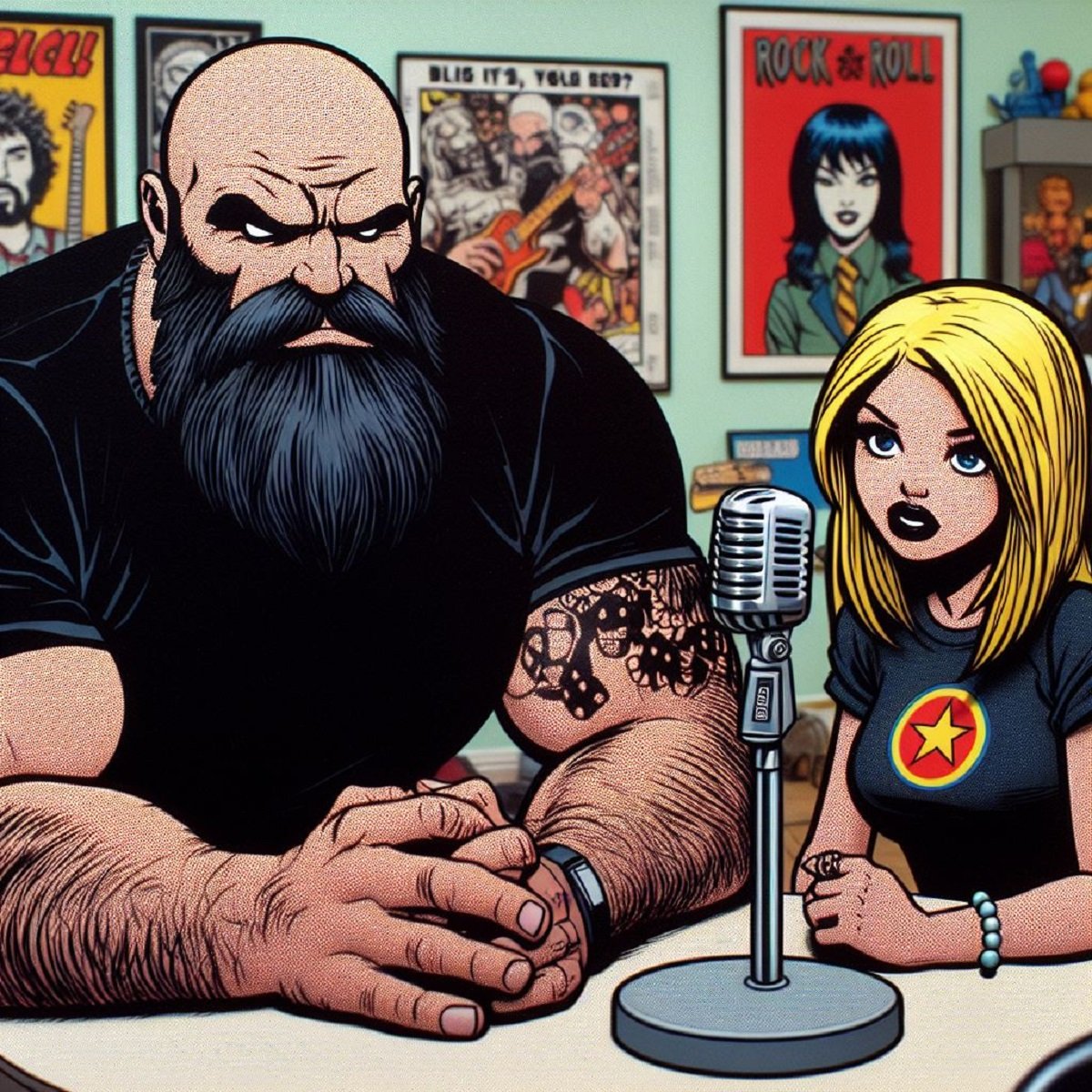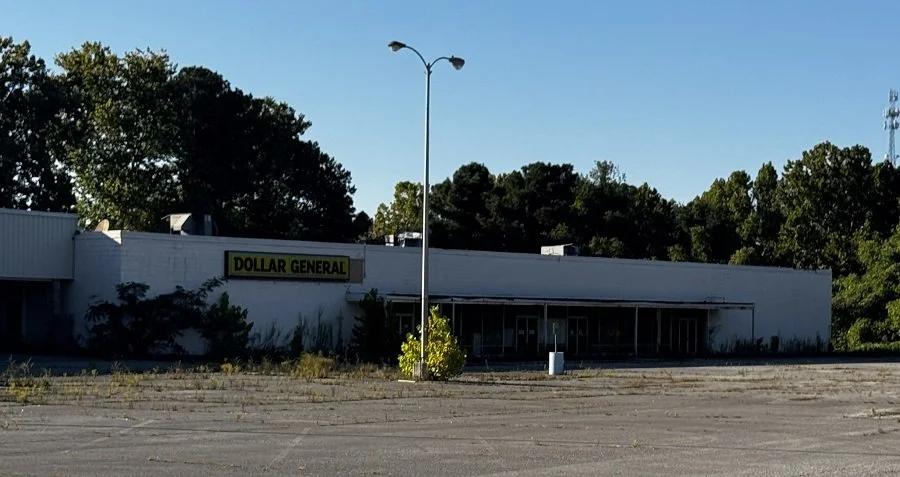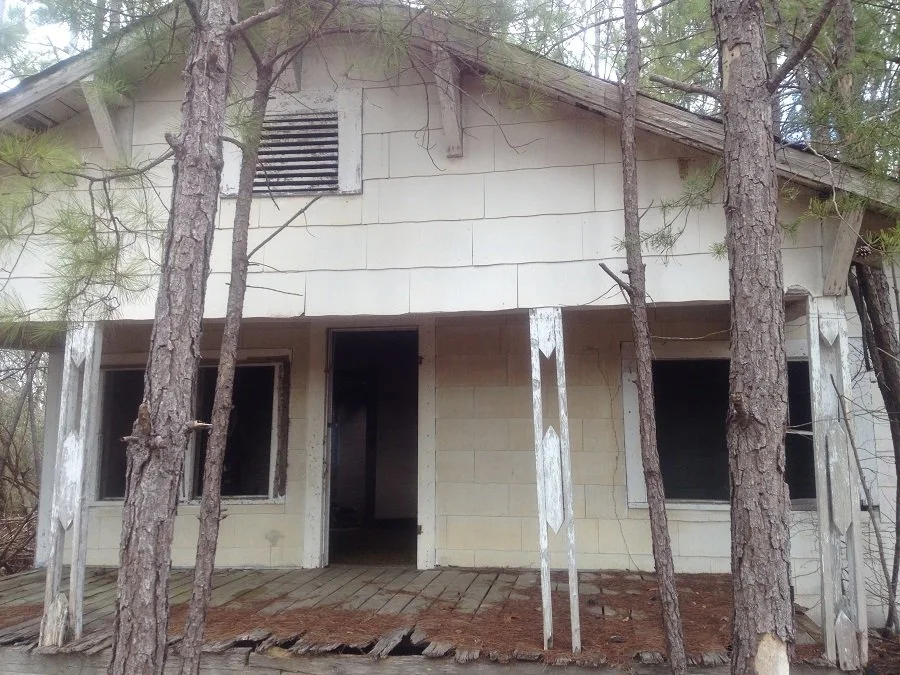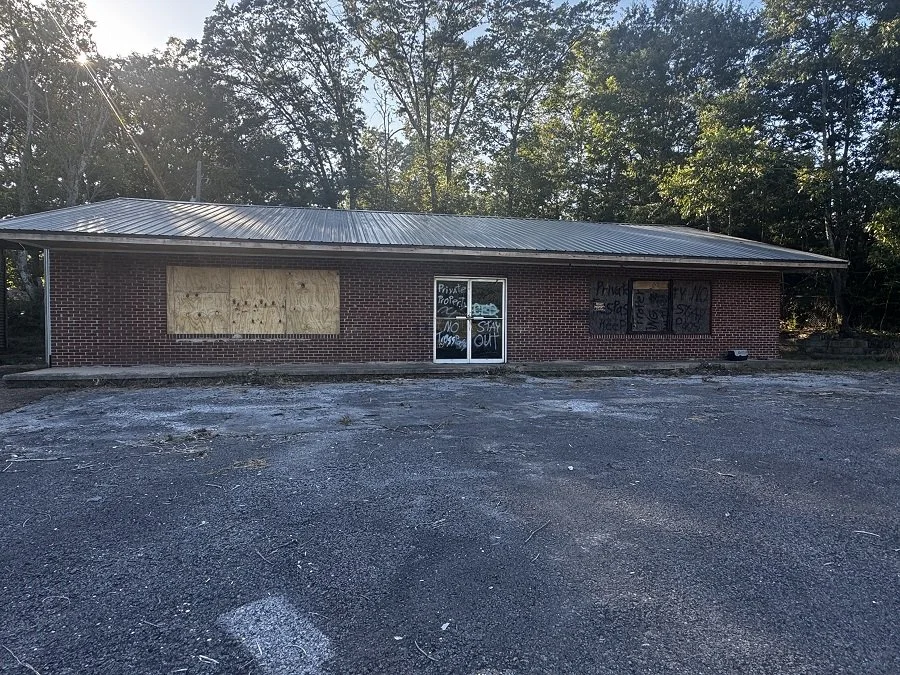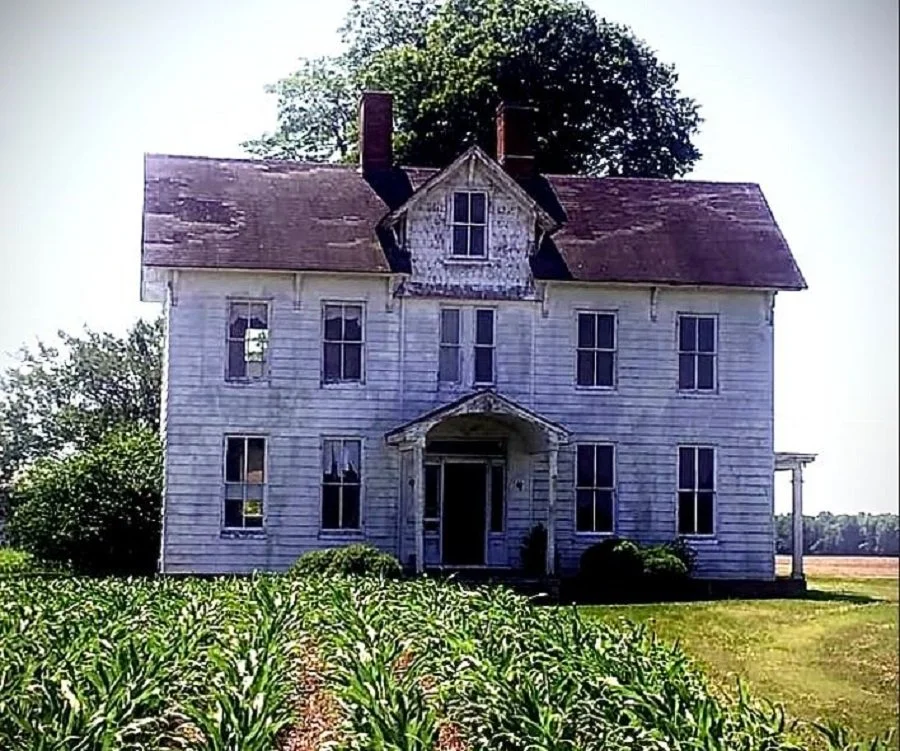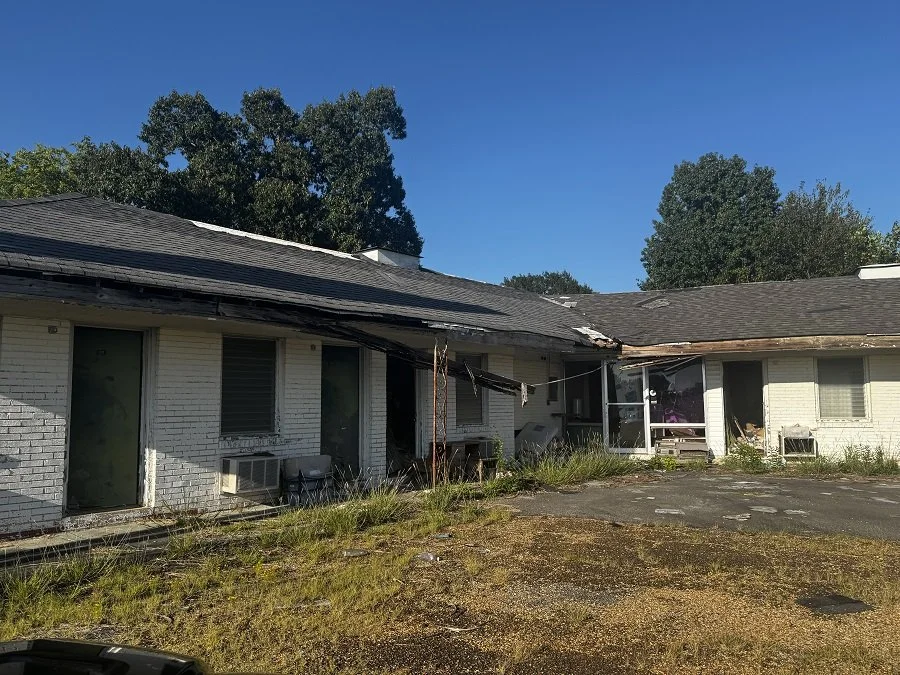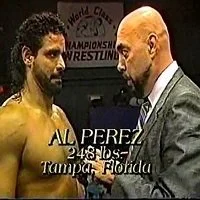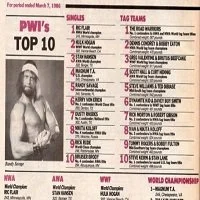By: “DragonKingKarl” Karl Stern (Patreon / Facebook / Email)
Webmaster & Writer - When It Was Cool
Podcast Host - Wrestling Observer, When It Was Cool
Photos: Tonya from When It Was Cool
Remember When It Was Cool? The Death of Small Town America
Rural Economic Decline: The Overlooked Struggles of Rural America
I was a cop for almost 32 years, most of that time was spent in small town rural America. I am retired now but for over three decades I saw firsthand the downward spiral of small-town life. Ravaged by a 1990’s recession, the massive plague of both the opioid and methamphetamine epidemic followed by four years of failed Joe Biden economic policies which have now been followed by a political narrative that everything is good and getting better. Our current President has said so many times… only it isn’t. Getting better, that is. Not around here.
While President Donald Trump is busy gilding the Oval Office in gold, a luxury that helps exactly zero Americans, the price of beef, eggs, coffee, and many imported items continue to skyrocket. Despite claims by the Federal Government that gas prices have trended down, the on-the-ground-truth of the matter is the Texaco station down the street from me still has Regular unleaded gasoline at $2.87 per gallon which is exactly where it has remained for months, and months, and months, pre-dating even the inauguration.
So, what is the disconnect? Am I living in a grand illusion or is the Federal Government, well, simply lying to us?
When we hear about the U.S. economy, the national conversation often revolves around Wall Street gains, GDP growth, or job creation in major cities. Yet this focus ignores a harsher reality: rural economic decline. Across small towns and farming communities, millions of Americans face economic hardships that rarely make headlines.
The struggles of rural America are not just a backdrop to the nation’s story—they are a defining crisis that deserves more compassion, attention, and action.
Understanding Rural Economic Decline
For decades, rural America has experienced systemic economic challenges. Once-thriving industries like manufacturing, mining, and small-scale farming have eroded under the weight of globalization, automation, and corporate consolidation. With A.I. advances looming ever nearer, the future seems bleak for those in non-urban areas.
This has led to:
Job Losses – Manufacturing plants have closed, leaving few well-paying alternatives. The area in which I live, rural North Alabama, was devastated by the collapse of the mobile home manufacturing industry.
Declining Family Farms – Independent farmers struggle to compete with large agribusinesses.
Shrinking Tax Bases – With fewer businesses and jobs, communities have less funding for schools, healthcare, and public services.
This cycle fuels poverty in rural communities, where opportunities for upward mobility remain limited.
A former Laundrymat in North Alabama
Why Rural America Is Ignored in Economic Discussions
Mainstream discussions about the economy overwhelmingly focus on urban growth sectors like tech, finance, and healthcare. In contrast, rural economy challenges are underrepresented or reduced to single issues like agriculture subsidies.
The result is a distorted narrative:
Healthcare Access – Rural hospitals close at alarming rates, but national debates center on urban healthcare systems. Most rural hospitals in North and Central Alabama have closed. The few that remain, such as ours, have been subsidized by a new tax, no less, that disproportionately effects people on the far side of our county, a source of ongoing tension.
Infrastructure Needs – High-speed internet, essential for education and business, still lags behind in rural counties. In many communities, such as our own, internet companies hold a monopoly yet have largely abandoned or ignored infrastructure despite no alternative to turn to. Here where I live, I am often forced to resort to using a cellular hotspot for connectivity despite having fiber optic internet, but the fiber optic infrastructure remains often in disrepair forcing paying customers to seek other alternatives.
Workforce Development – Training and investment flow to cities, while rural regions are left with low-wage service jobs.
This disconnect fosters stereotypes—that rural communities resist progress or that their struggles are less urgent. Both ideas are false and harmful.
The Human Cost of Rural Poverty
Behind the statistics are real people. Poverty in rural America manifests in families struggling to pay medical bills, students leaving their hometowns in search of opportunity, and aging populations with limited support.
Rural poverty is often invisible compared to urban struggles, yet it is just as severe. It stems not from individual failings but from structural disadvantages: geographic isolation, underinvestment, and lack of tailored public policies. Recognizing this reality is the first step toward empathy and solutions.
Solutions for Revitalizing the Rural Economy
To confront rural economic decline, the United States must expand its economic vision and cease misrepresenting the true economic reality for political propaganda:
Invest in Infrastructure – Broadband, healthcare, and transportation are critical foundations. These are impossible without Federal funding which has become more and more restricted. Large internet companies focus their time, money, and resources on the more customer rich urban areas rather than more rural areas. This, in and of itself, holds back business growth in rural towns.
Support Small Businesses and Family Farms – Policies that strengthen local ownership keep wealth within communities. For every Walmart and McDonald’s there are numerous mom and pop businesses that have closed.
Expand Education and Job Training – Programs tailored to rural realities can prepare workers for emerging industries. The expansion and growth of trade schools is an important step in this direction.
Amplify Rural Voices in Policy – Effective solutions require listening to the communities most affected.
A Call for Compassion and Inclusion
The struggles of rural America are not stories of inevitable decline but of resilience in the face of neglect. By centering rural experiences in economic discussions, we move toward a more equitable future—one where no community, no matter how small, is left behind.
Rural Americans deserve not only recognition but investment, compassion, and hope.
When It Was Cool is a small family business. You can support us on Patreon. Thank you.
If you found this article interesting, please consider becoming a Patreon supporter. That is how When It Was Cool keeps our website and podcasts online, plus you get lots of bonus content including extra podcasts, articles, ebooks, and much more. Check out our Patreon Page to see what's up!
